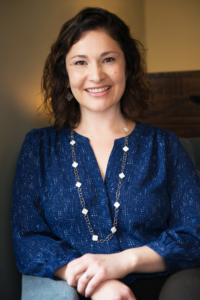 At one point in time, we’ve all dealt with grief. It could be grieving the loss of a beloved pet, family member, or a relationship. Grief comes in all shapes and sizes and the length of time it stays is different for everyone.
At one point in time, we’ve all dealt with grief. It could be grieving the loss of a beloved pet, family member, or a relationship. Grief comes in all shapes and sizes and the length of time it stays is different for everyone.
Not unlike death, bereavement is a necessary aspect of life. When a loved one dies, the mourning process begins. There’s no determined length of time for grief and many factors contribute to how people cope with and express it.
During grief, support is offered and often accepted. However, when someone is depressed, they tend to isolate themselves and may not accept support during this difficult time. Those who avoid accepting support may be at greater risk of developing clinical depression.
The likelihood of grief turning into depression is also compounded if the grieving person has struggled with depression in the past. Generally, the loss of a person or relationship can trigger the feelings of depression.
Because we all grieve in our own way, it can be difficult to pinpoint when someone is grieving and when someone is depressed. Grief never ends – people feel better over time but feelings of sadness often re-emerge during birthdays, holidays, or other special occasions.
If you’re worried about grief turning into depression, here are a few tips to help:
• Build a support network of close friends and family you can talk to about your feelings.
• Expect your feelings to be up and down for a while. It’s the natural ebb and flow of grief.
• Expect some symptoms of depression during grief, such as trouble sleeping, loss of appetite, and sadness.
If you experience thoughts of suicide or are unable to perform daily functions, it’s imperative to seek professional help immediately.
Grief is a natural part of life and it should be treated as such. It’s important to go through the grieving process to fully mourn a loss and have closure. It’s also important to realize when your feelings are more than grief.
Take care,
Dr. Nicole


